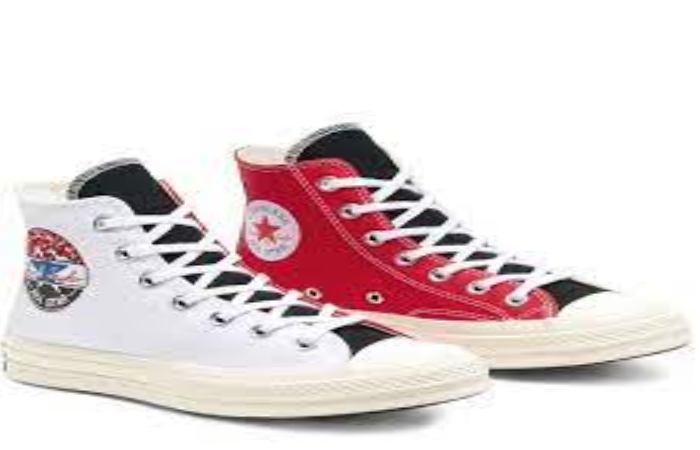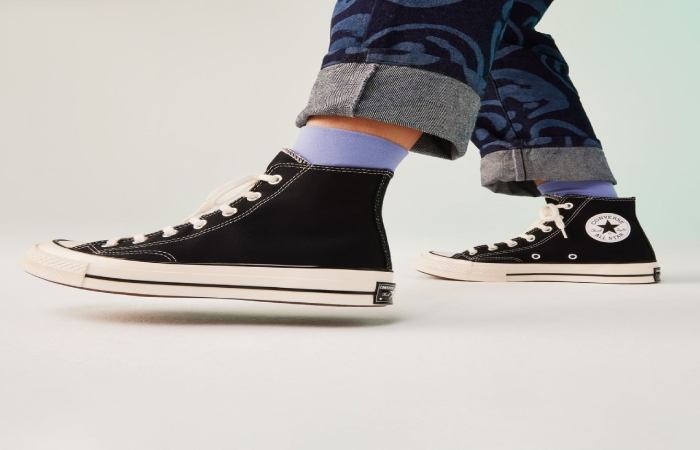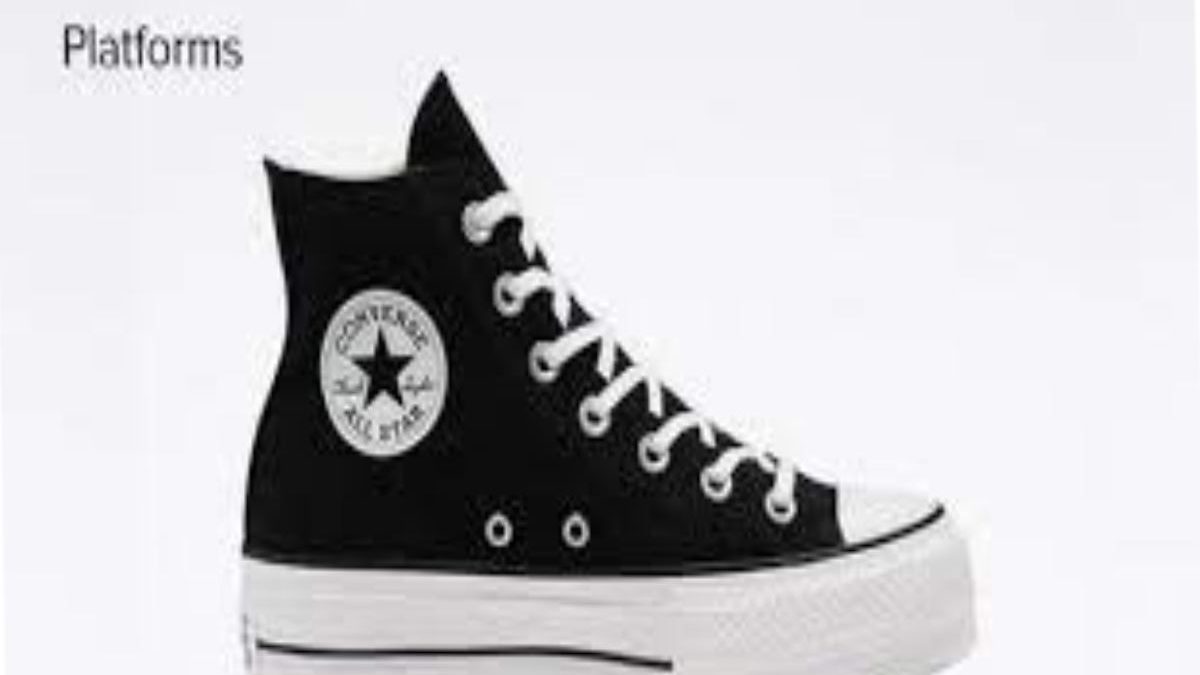Table of Contents
Introduce Converse and its history.
Converse is an American footwear business that remained founded in 1908. The company is best known for its Chuck Taylor All-Star sneaker, which remained introduced in 1917. The Chuck Taylor All-Star quickly became popular among basketball players, and it has since become one of the most iconic sneakers in the world.
Converse has a long and rich history in South Africa. The company first arrived in South Africa in the early 20th century, and it quickly became popular among athletes and musicians. Many anti-apartheid activists also wore Converse sneakers, and they became a symbol of resistance against the apartheid regime.
Today, Converse is still a popular brand in South Africa. People of all ages and backgrounds wear the company’s sneakers, representing South African culture.
Here are some key events in the history of Converse:
- 1908: Marquis Mills Converse founds the Converse Rubber Shoe Company in Malden, Massachusetts.
- 1917: The Chuck Taylor All-Star sneaker remains introduced.
- 1921: Charles “Chuck” Taylor joins Converse as a salesman.
- 1930s: The Chuck Taylor All-Star becomes popular among basketball players.
- The 1960s: Converse became the leading basketball shoe brand in the United States.
- 1970s: Converse’s popularity declines as other brands become popular.
- 1980s: Converse makes a comeback as a retro-style sneaker.
- 2003: Converse remains acquired by Nike, Inc.
Converse is a company with a long and rich history. The company’s sneakers have remained worn by people worldwide, becoming a symbol of culture and identity.
The Different Ways Converse Has Been Used To Express Identity In South Africa.
Converse sneakers have remained used to express identity in South Africa in various ways. Here are a few examples:
- Athletes: Converse sneakers have remained worn by many famous South African athletes, including Nelson Mandela, who wore them while playing rugby in his youth. This has helped to associate Converse with athleticism and success.
- Musicians: Converse sneakers have also been popular among South African musicians, such as Brenda Fassie and Lucky Dube. This has helped to associate Converse with creativity and individuality.
- Anti-apartheid activists: Converse sneakers remained also worn by many anti-apartheid activists, such as Steve Biko and Winnie Mandela. This helped to associate Converse with resistance and social justice.
- Youth culture: Converse sneakers have also been popular among South African youth culture. This is partly because Converse sneakers remain seen as a symbol of rebellion and non-conformity.
In recent years, Converse has also become popular among South African celebrities and fashion icons. This has helped solidify Converse’s status further as a symbol of style and self-expression.
Here are some specific examples of how Converse has been used to express identity in South Africa:
- In the 1980s, Converse sneakers were popular among black South Africans who were protesting against apartheid. The sneakers remained seen as a symbol of resistance and defiance and helped unify the anti-apartheid movement.
- In the 1990s, Converse sneakers became popular among South African youth culture. The sneakers were seen as a symbol of freedom and expression and helped define the identity of a new generation of South Africans.
- Today, Converse sneakers are still popular among South Africans of all ages. The sneakers remain a symbol of style, individuality, and self-expression.
Converse sneakers have played an important role in South African culture. The sneakers have remained used to express various identities, from athleticism to activism to youth culture. Converse sneakers symbolize South Africa’s rich and diverse culture and continue to be popular today.
The Role Of Converse In South African Sneaker Culture.
Converse has played a significant role in South African sneaker culture. People of all ages and backgrounds have worn the company’s sneakers, and they have become a symbol of South African culture.
Here are some of the ways that Converse has influenced South African sneaker culture:
- Converse sneakers have remained used to express identity. As I mentioned, Converse sneakers have remained used to describe various identities, from athleticism to activism to youth culture. This has helped to make Converse sneakers a popular choice for people who want to express their individuality.
- Converse sneakers have remained associated with resistance and social justice. During the apartheid era, Converse sneakers were popular among black South Africans who were protesting against the apartheid regime. The sneakers remained seen as a symbol of resistance and defiance, and they helped to unify the anti-apartheid movement.
- Converse sneakers have remained associated with style and fashion. In recent years, Converse sneakers have become popular among South African celebrities and fashion icons. This has helped solidify Converse’s status further as a symbol of style and self-expression.
Today, Converse sneakers are still popular among South Africans of all ages. The sneakers remain a symbol of style, individuality, and self-expression. Converse sneakers are part of South African culture and continue to be popular today.
Conclusion
In conclusion, Converse sneakers have played an important role in South African culture. The sneakers have remained used to express various identities, from athleticism to activism to youth culture. Converse sneakers symbolize South Africa’s rich and diverse culture and continue to be popular today.

